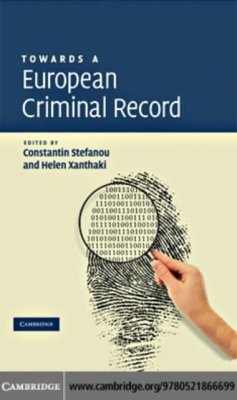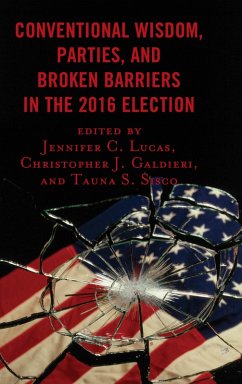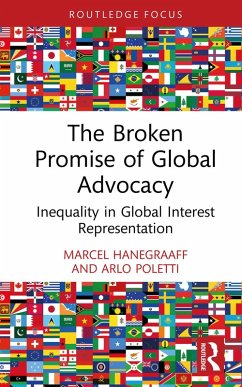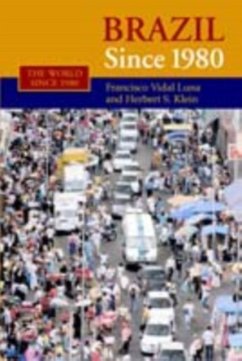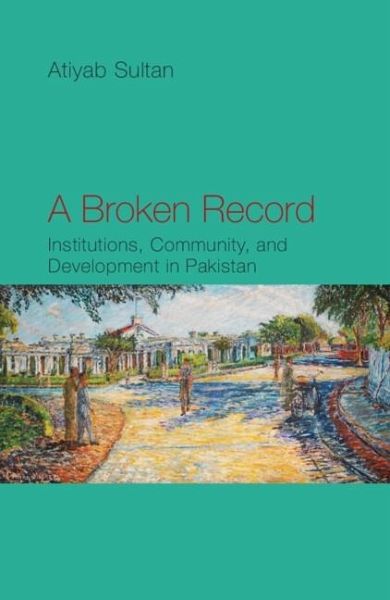
Broken Record (eBook, PDF)
Institutions, Community and Development in Pakistan
Versandkostenfrei!
Sofort per Download lieferbar
55,95 €
inkl. MwSt.
Weitere Ausgaben:

PAYBACK Punkte
28 °P sammeln!
This book examines economic reform in the Punjab in the period 1900-47 in an attempt to historicise theories of institutional change and community development. It advances the economic history of the region by analysing microeconomic reform in the province. A close examination of programmes of rural reconstruction in colonial Punjab reveals stark parallels with more contemporary prescriptions of development economics. Simultaneously, a study of the trajectory of legislative change sheds light on the institutional legacies of colonial rule. It engages deeply with the theoretical scholarship on ...
This book examines economic reform in the Punjab in the period 1900-47 in an attempt to historicise theories of institutional change and community development. It advances the economic history of the region by analysing microeconomic reform in the province. A close examination of programmes of rural reconstruction in colonial Punjab reveals stark parallels with more contemporary prescriptions of development economics. Simultaneously, a study of the trajectory of legislative change sheds light on the institutional legacies of colonial rule. It engages deeply with the theoretical scholarship on development and rural uplift that emerges in this period and develops an intellectual genealogy that links colonialism to development studies. It questions the continued valorisation of the 'community' despite a lack of supportive evidence and argues that one reason for the continued popularity of ideas of community development and institutional malaise is that both absolve the status quo from blame.
Dieser Download kann aus rechtlichen Gründen nur mit Rechnungsadresse in A, B, BG, CY, CZ, D, DK, EW, E, FIN, F, GR, HR, H, IRL, I, LT, L, LR, M, NL, PL, P, R, S, SLO, SK ausgeliefert werden.




